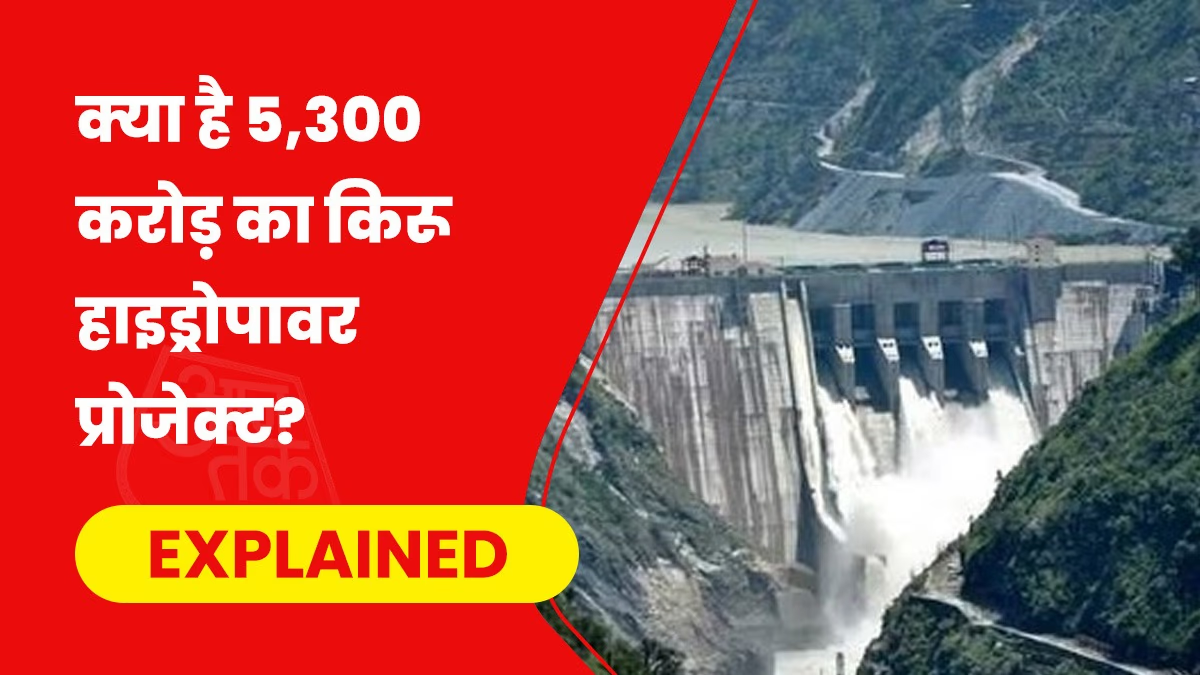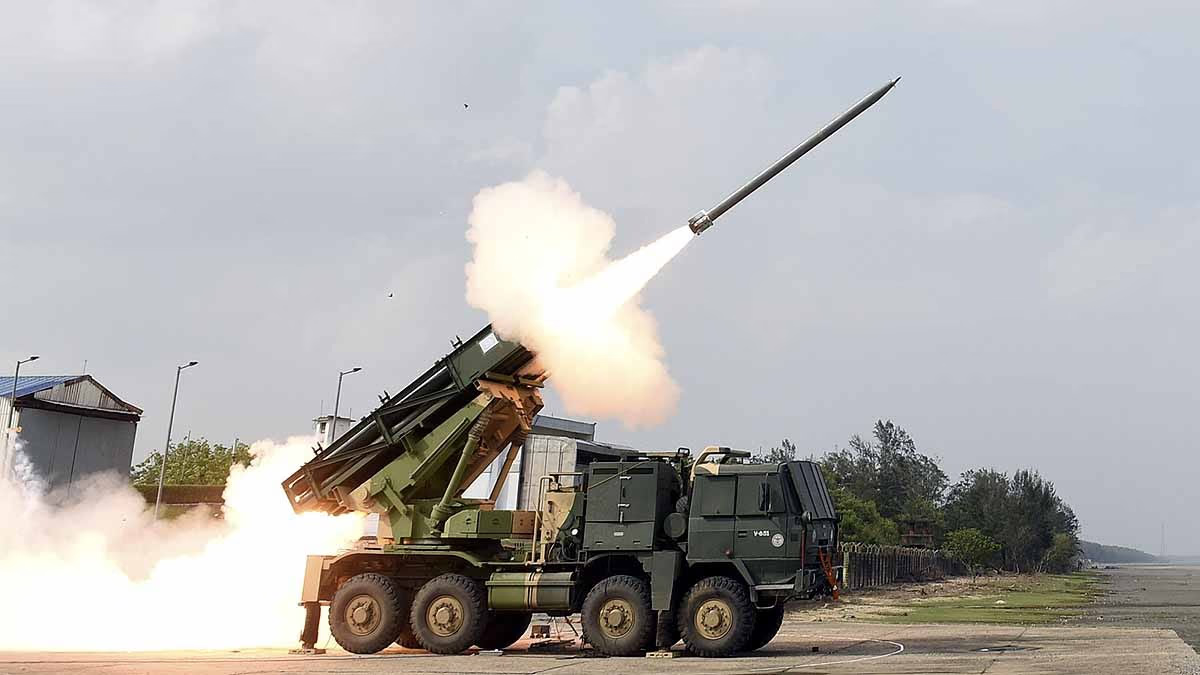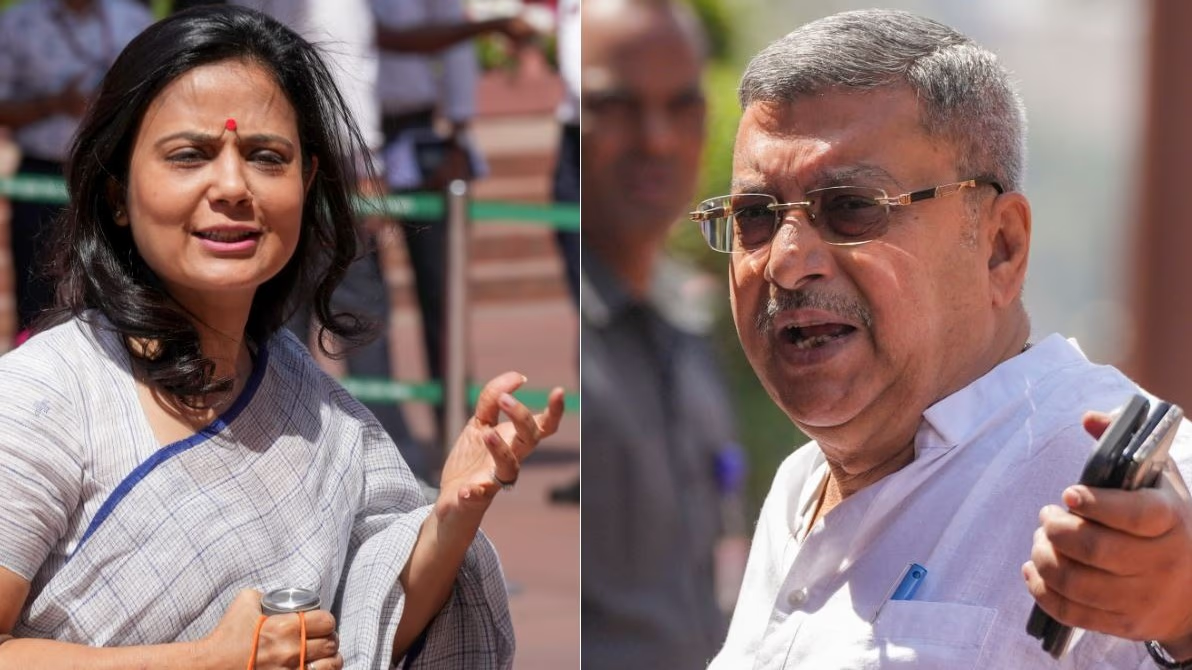The Central Bureau of Investigation (CBI) has filed charges against former Jammu and Kashmir Governor Satya Pal Malik and six others in a case connected to the Kiru Hydropower Project. The CBI reports fraud in a civil works contract worth 2,200 crore rupees within the hydropower project. The FIR for this case was registered in 2022.
With the CBI filing charges, the Kiru Hydropower Project is back in the limelight.
The Kiru Hydropower Project, located on the Chenab River in Kishtwar Tehsil, Doda district of Jammu and Kashmir, is a run-of-the-river project. Once completed, it is expected to generate 624 megawatts, significantly contributing to the state's energy needs.
Developed by Chenab Valley Power Projects (CVPP), a joint venture between the National Hydroelectric Power Corporation (NHPC, holding 51%) and the Jammu and Kashmir State Power Development Corporation (JKSPDC, holding 49%).
Situated near the villages of Pathernakki and Kiru, the project's features include a 135-meter high concrete gravity dam, a 6.5-kilometer reservoir, and four 156-megawatt vertical Francis turbines. An underground powerhouse is also being constructed. The project is slated for completion in 2025.
This initiative, backed by both central and state governments, ranks among India's most expensive projects.
The initial cost estimate for the Kiru Hydropower Project was over 4,287 crore rupees, later revised to 5,300 crore rupees.
The project is expected to meet its 2025 completion target. Given the current progress, officials are optimistic about timely completion.
Pakistan has persistently objected to India's Kiru Hydropower Project. In August 2021, Pakistan first expressed discontent over the project’s design, alleging violations of the 1960 Indus Waters Treaty between India and Pakistan.
India maintains that the project does not breach the treaty. According to the Indus Waters Treaty, India has rights over the waters of the Ravi, Beas, and Sutlej rivers, while Pakistan accesses the waters of the Indus, Jhelum, and Chenab.
India is permitted to construct run-of-the-river projects on the Indus, Jhelum, and Chenab rivers. The agreement stipulates that Pakistan can raise objections to Indian projects within three months of receiving information.
Pakistan argues that such projects will reduce river water flow. Following recent tensions, India has suspended the Indus Waters Treaty, leading to water scarcity in Pakistan. India's decision to annul the treaty followed a terrorist attack sponsored by Pakistan in Pahalgam on April 22, which claimed 26 lives.




